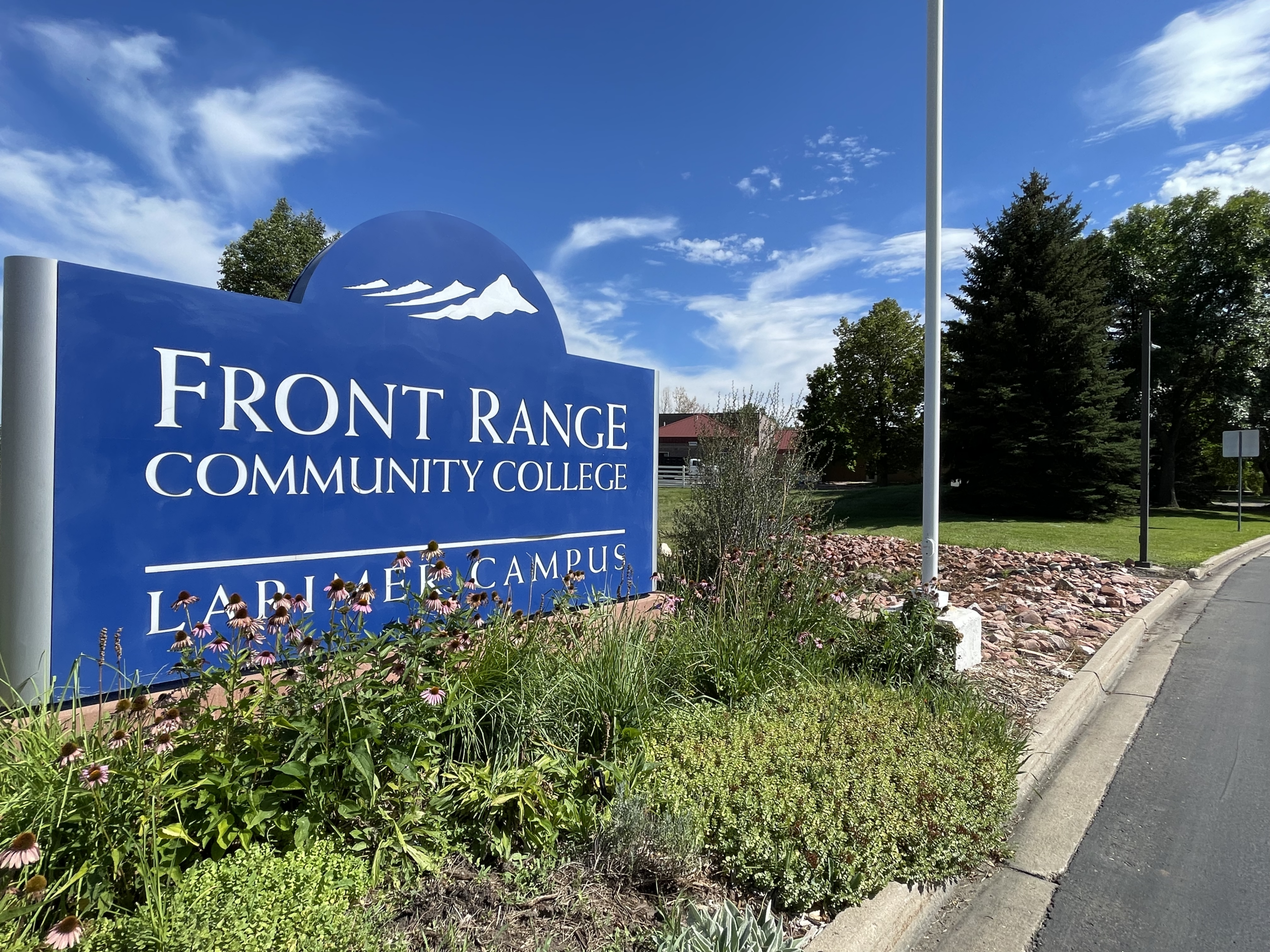CSU partners in AI institute focusing on climate-smart agriculture, forestry

FORT COLLINS – Colorado State University researchers will play a key role in a new research institute that will leverage artificial intelligence to create more sustainable farms and forests.
The University of Minnesota will lead the new National Artificial Intelligence Research Institute, funded by a $20 million grant over five years from the National Science Foundation and the U.S. Department of Agriculture’s National Institute of Food and Agriculture.
Researchers at the AI Institute for Climate-Land Interactions, Mitigation, Adaptation, Tradeoffs and Economy (AI-CLIMATE) aim to use artificial intelligence to create more climate-smart practices that will absorb and store carbon while simultaneously boosting the economy in the agriculture and forestry industries.
SPONSORED CONTENT
The institute is one of seven new NSF- and USDA-funded AI Institutes announced Thursday and is part of a larger federal initiative, totaling nearly $500 million, to bolster collaborative AI research across the country.
AI-CLIMATE will bring together scientists and engineers, including national experts on AI and climate-smart ag and forestry from the CSU, University of Minnesota Twin Cities, and Cornell, Delaware State, Purdue and North Carolina State universities.
The researchers will also collaborate with the American Indian Higher Education Consortium and the tribal nations it represents.
“One of the driving factors of climate effects is carbon emissions,” said Shashi Shekhar, director of the institute and a professor in the University of Minnesota Department of Computer Science and Engineering. “By 2050, the United States aims to have net-zero carbon emissions, and one of the most promising ways to do this is using natural systems like forestry and agriculture as ‘carbon sinks.’”
Farms and forests can be used as carbon sinks, which pull more carbon dioxide out of the atmosphere than they release. Farmers and foresters may be rewarded for doing this through carbon markets, or systems in which property owners can sell “carbon credits” — equal to the amount of carbon dioxide their farm or forest has sequestered — to companies trying to offset their carbon emissions. However, with current technology, it’s both difficult and expensive for farmers and foresters to accurately measure how much carbon they’ve sequestered.
Using new AI techniques such as deep learning and knowledge-guided machine learning, researchers at the AI-CLIMATE Institute will work to improve accuracy and lower the cost of accounting for carbon and greenhouse gases in farms and forests, ultimately making the process more accessible for more people.
Keith Paustian, a distinguished professor in soil and crop sciences and a senior research scientist at the Natural Resources Ecology Laboratory in Fort Collins, will lead CSU’s AI-CLIMATE team of faculty, postdoctoral researchers and students. Other CSU scientists on the team include: Francesca Cotrufo, professor of soil and crop sciences and senior research scientist at NREL; Patrick Keys, assistant professor of atmospheric science; Nathan Mueller, assistant professor of ecosystem science and sustainability and soil and crop sciences; Stephen Ogle, professor of ecosystem science and sustainability and senior research scientist at NREL; Sangmi and Shrideep Pallickara, professors of computer science; and Yao Zhang, research scientist at NREL in soil and crop sciences.
“Climate change presents one of humanity’s greatest challenges – now and for the foreseeable future,” Paustian said. “Our agricultural and forest land represents both a major source of greenhouse-gas emissions but also a major opportunity for CO2 drawdown and emission mitigation. New AI-based technologies may revolutionize our capacity to predict climate change impacts on farms, ranches and forests and to quantify the diverse GHG emission sources and optimize management improvements and policies to radically cut emissions, as part of a net-zero future.”
The CSU team will develop AI-guided methods for model-based predictions of soil carbon stock changes and soil greenhouse-gas emissions, including implementation of data assimilation approaches and knowledge-guided machine learning models with process-based biogeochemical models. AI-based analysis methods will be developed to improve measurement of soil organic matter components and other key soil attributes using infrared spectroscopy.
Together these developments will help to improve measurement and monitoring associated with carbon offset programs and climate-smart commodity metrics.
Foundational AI research will be directed toward the development of “digital twins” that meld simulation and observational data sets, down to the level of farms, ranches and forest stands, to evaluate management, policy and economic interactions for different adaptation and mitigation options. The twin is an AI-guided digital representation of the farm that encapsulates the factors that influence the farm, a history of grower-specified management decisions, and the impact of these management decisions that account for GHG emissions, crop yields and economics.
“The digital twin will allow growers to interactively explore climate-related trade-offs (GHG emissions and carbon sequestration), resilience and vulnerabilities to impacts of short-term weather variability and long-term climate changes,” said Shrideep Pallickara. He and Sangmi Pallickara will lead the digital twin portion of the project.
The CSU team also will reach out to stakeholders and the public by developing narrative scenarios based on AI Institute research, policy and social insights, and educational materials that support AI Institute activities.
CSU is a world leader in several areas of research related to climate-smart agriculture, including advanced methods for quantifying carbon and GHG emissions from agricultural systems, dynamics of soil organic matter and implications for carbon dioxide drawdown and improved soil health, assessment of climate change impacts and adaptation of agricultural lands, and outreach and education on climate-smart agriculture.
The Natural Resource Ecology Laboratory, through which CSU’s partnership in the AI Institute is administered, is part of the Warner College of Natural Resources, as is the Department of Ecosystem Science and Sustainability; the Department of Soil and Crop Sciences is in the College of Agricultural Sciences; the Department of Computer Science is in the College of Natural Sciences; and the Department of Atmospheric Science is in the Walter Scott, Jr. College of Engineering.
FORT COLLINS – Colorado State University researchers will play a key role in a new research institute that will leverage artificial intelligence to create more sustainable farms and forests.
The University of Minnesota will lead the new National Artificial Intelligence Research Institute, funded by a $20 million grant over five years from the National Science Foundation and the U.S. Department of Agriculture’s National Institute of Food and Agriculture.
Researchers at the AI Institute for Climate-Land Interactions, Mitigation, Adaptation, Tradeoffs and Economy (AI-CLIMATE) aim to use artificial intelligence to create more climate-smart practices that will absorb and store carbon while simultaneously boosting the…
THIS ARTICLE IS FOR SUBSCRIBERS ONLY
Continue reading for less than $3 per week!
Get a month of award-winning local business news, trends and insights
Access award-winning content today!




